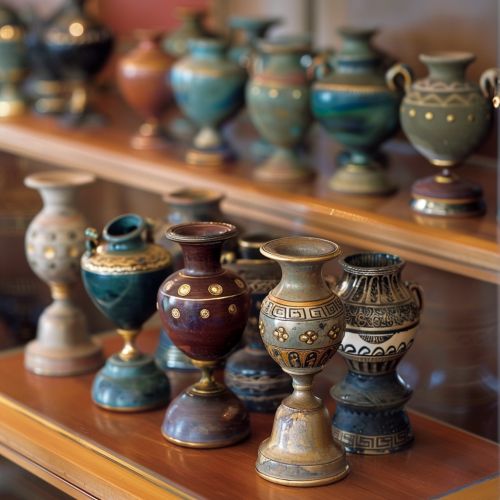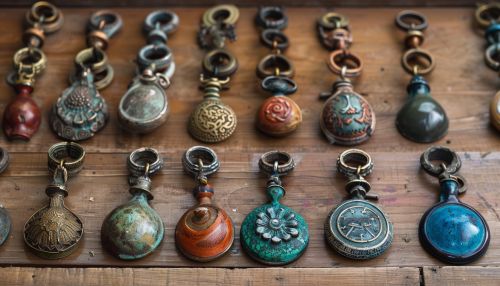Oboloi
Introduction
Oboloi, also known as obols, were a form of currency used in ancient Greece. They were small silver coins that played a vital role in the economic system of the time. The oboloi were not only used for commercial transactions, but also had social and religious implications. This article will delve into the history, significance, and use of oboloi in ancient Greece.


History
The oboloi were first introduced in the 7th century BC, during the Archaic period of ancient Greece. The term "oboloi" comes from the Greek word "obelos", which means a spit or a rod, referring to the shape of the coin. The oboloi were initially made of iron, but later transitioned to silver as the minting process evolved.
Physical Characteristics
An obol was a small coin, usually weighing around 0.72 grams. The design of the oboloi varied over time and across different regions of Greece. Early oboloi were simple, with one or two inscriptions or symbols. Later versions became more intricate, featuring images of gods, animals, and mythological scenes.
Economic Role
Oboloi were an essential part of the economic system in ancient Greece. They were used for everyday transactions, from buying food at the market to paying for services. The obol was the smallest denomination of currency, with six oboloi equaling one drachma, the primary unit of currency.
Social and Religious Significance
Beyond their economic role, oboloi held social and religious significance. They were used in various rituals and ceremonies. One of the most well-known uses was in the ritual of Charon’s obol, where an obol was placed in the mouth of the deceased as payment for the ferryman Charon to transport their soul across the river Styx to the underworld.
Conclusion
The oboloi were more than just a form of currency in ancient Greece. They were a symbol of the economic, social, and religious life of the time. Their use and significance provide insight into the complex society of ancient Greece, from its economic system to its beliefs about the afterlife.
